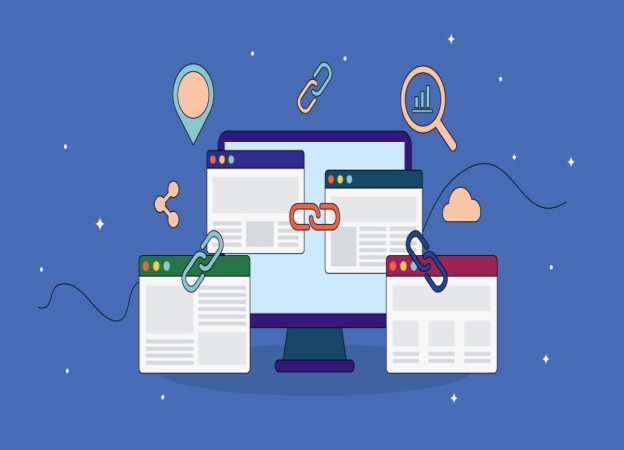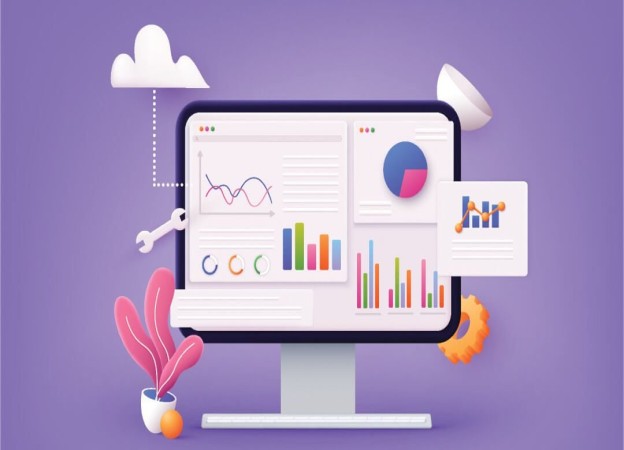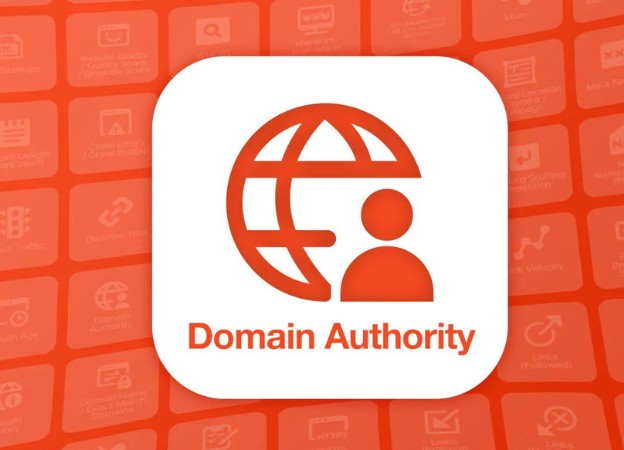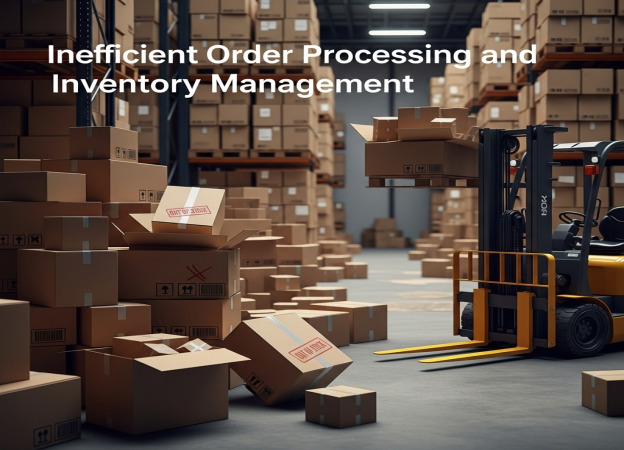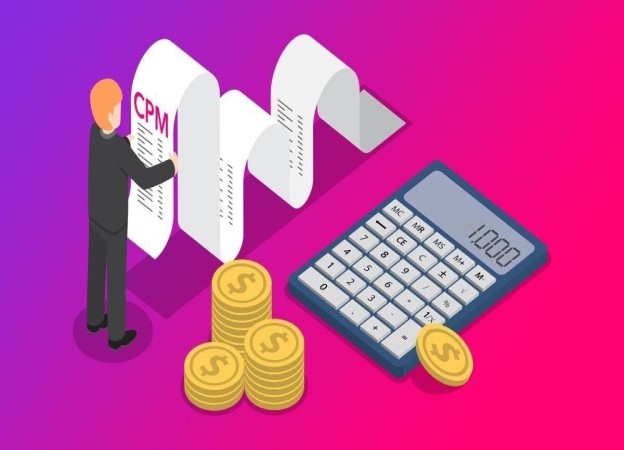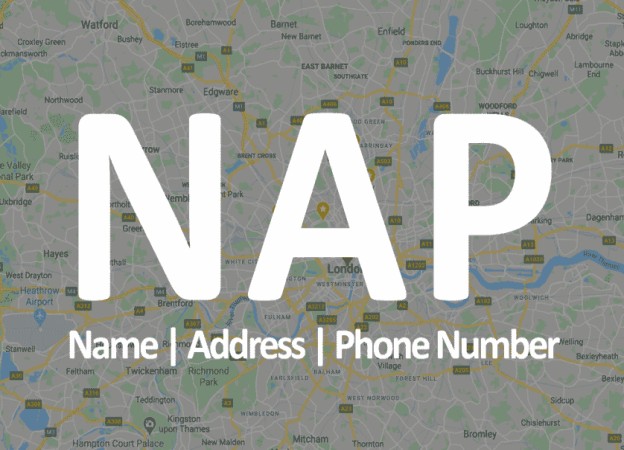Choose the Right B2B System Development Partner
In today's competitive landscape, a robust and efficient B2B system is crucial for streamlining operations, enhancing collaboration, and driving growth. However, developing such a system from scratch is a complex undertaking that requires specialized expertise. That's where a custom B2B system development partner comes in. Choosing the right partner can be the difference between a successful project that transforms your business and a costly failure. This article provides a comprehensive guide to navigating the process of selecting a reliable and experienced development partner for your custom B2B system project.
Your B2B system is the backbone of your business interactions, connecting you with suppliers, customers, and partners. A poorly developed system can lead to inefficiencies, data silos, and ultimately, lost revenue. A well-designed and implemented system, on the other hand, can automate processes, improve communication, and provide valuable insights into your business operations. Therefore, selecting the right B2B software developer is an investment that can yield significant returns. A good B2B development company will bring not only technical expertise but also a deep understanding of B2B processes and best practices to the table.

Choosing a B2B software outsourcing partner is a big decision. It's about more than just finding someone to write code. It's about finding a strategic partner who understands your business goals and can help you achieve them. You need a partner who can offer B2B software development services tailored to your specific needs.
Step 1: Define Your Project Requirements and Goals
Before you start looking for a development partner, you need to have a clear understanding of your project requirements and goals. This involves:
- Identifying your business needs: What problems are you trying to solve with this new system? What processes do you want to automate?
- Defining your target audience: Who will be using the system? What are their needs and expectations?
- Outlining the system's features and functionality: What specific features do you need? What integrations are required with other systems?
- Setting clear goals and objectives: What are your measurable goals for the project? How will you define success?
- Determining your budget and timeline: How much are you willing to invest in the project? How quickly do you need the system to be up and running?
Having a well-defined project scope will help you communicate your needs effectively to potential development partners and ensure that you are both on the same page from the outset. This will also enable you to accurately evaluate proposals and compare different options.
Documenting these requirements in a formal document, such as a Request for Proposal (RFP), is highly recommended. The RFP should clearly articulate your needs, goals, and expectations for the project. Sharing this RFP with potential B2B system vendor selection candidates will help ensure you get accurate and relevant proposals.
Step 2: Research Potential Development Partners
Once you have a clear understanding of your project requirements, you can start researching potential development partners. There are several ways to find qualified candidates:
- Online directories and review sites: Platforms like Clutch, G2, and GoodFirms provide listings and reviews of software development companies.
- Industry events and conferences: Attending industry events can be a great way to network with potential partners and learn about their capabilities.
- Referrals from colleagues and peers: Ask your colleagues and peers for recommendations. Their firsthand experiences can be invaluable.
- Online search engines: Use search engines like Google and Bing to find companies that specialize in B2B system development.
When researching potential partners, pay attention to their:
- Industry experience: Do they have experience working with companies in your industry?
- Technical expertise: Do they have the skills and knowledge required to develop your system?
- Company size and structure: Are they a good fit for your project in terms of size and resources?
- Location and communication style: Are they located in a convenient time zone? Do they have a communication style that you are comfortable with?
Create a shortlist of potential partners based on your research. Aim for at least 3-5 companies to ensure you have a range of options to compare.
Step 3: Evaluate Their Experience and Expertise
Once you have a shortlist of potential partners, it's time to evaluate their experience and expertise in more detail. This involves:
- Reviewing their website and marketing materials: Look for evidence of their experience in B2B software development.
- Checking their technical certifications and qualifications: Do they have the necessary certifications to demonstrate their expertise?
- Asking for case studies and examples of their work: Request case studies or examples of similar projects they have completed.
- Interviewing their team members: Schedule interviews with the team members who will be working on your project.
During the interviews, ask questions about their:
- Experience with similar projects: Have they worked on projects with similar requirements and complexity?
- Technical skills and expertise: Do they have the skills and knowledge required to develop your system?
- Development methodology: What development methodology do they use (e.g., Agile, Waterfall)?
- Quality assurance processes: How do they ensure the quality of their code and deliverables?
Pay close attention to their answers and assess their level of understanding of your project requirements. Look for a partner who can demonstrate a clear understanding of your business needs and a proven track record of success.
Step 4: Check Their Portfolio and Client Testimonials
A development partner's portfolio and client testimonials can provide valuable insights into their capabilities and past performance.
- Review their portfolio: Examine the projects they have completed and assess the quality of their work. Look for projects that are similar to yours in terms of complexity and functionality.
- Request client references: Ask for contact information for past clients and reach out to them to inquire about their experience working with the development partner.
- Read client testimonials and reviews: Look for patterns in the feedback. Are clients generally satisfied with their work? Are there any recurring complaints?
When contacting references, ask about their:
- Overall satisfaction with the development partner: Were they happy with the results?
- Quality of the code and deliverables: Was the code well-written and maintainable?
- Communication and project management skills: Were they responsive and easy to work with?
- Ability to meet deadlines and stay within budget: Did they deliver the project on time and within budget?
Pay attention to both positive and negative feedback. No company is perfect, but a consistently positive track record is a good sign.
Step 5: Assess Their Communication and Project Management Skills
Effective communication and project management are essential for a successful B2B system development project. You need a partner who can communicate clearly and proactively, and who has a robust project management process in place.
- Assess their communication skills: How responsive are they to your inquiries? Do they communicate clearly and effectively?
- Inquire about their project management methodology: What project management methodology do they use? How do they track progress and manage risks?
- Ask about their reporting and communication protocols: How often will they provide updates? What channels will they use to communicate (e.g., email, phone, video conferencing)?
- Evaluate their problem-solving skills: How do they handle challenges and unexpected issues?
Look for a partner who is proactive, transparent, and responsive. They should be able to anticipate potential problems and develop effective solutions. A good project manager will keep you informed of progress, manage risks, and ensure that the project stays on track.
Step 6: Understand Their Pricing and Payment Terms
Understanding the pricing and payment terms is crucial to avoid surprises and ensure that the project stays within budget. Obtain detailed proposals from each potential partner, outlining their pricing structure and payment schedule.
- Compare pricing models: Do they offer fixed-price, time-and-materials, or value-based pricing?
- Clarify what is included in the price: What services are included in the price? What are the potential additional costs?
- Negotiate payment terms: Can you negotiate a payment schedule that aligns with your cash flow?
- Understand their change management process: How do they handle scope changes and additional requests? How will these changes impact the price and timeline?
Be wary of extremely low prices, as they may indicate a lack of experience or quality. Focus on finding a partner who offers a fair price for high-quality work. Ensure that all pricing and payment terms are clearly documented in the contract.
Step 7: Sign a Clear and Comprehensive Contract
A clear and comprehensive contract is essential for protecting your interests and ensuring a successful partnership. The contract should outline the scope of the project, the deliverables, the timeline, the payment terms, and the intellectual property rights.
The contract should include the following clauses:
- Scope of work: A detailed description of the project's objectives, features, and functionality.
- Deliverables: A list of all the deliverables that the development partner will provide.
- Timeline: A detailed timeline for the project, including milestones and deadlines.
- Payment terms: A clear outline of the payment schedule and payment methods.
- Intellectual property rights: A clear statement of who owns the intellectual property rights to the code and deliverables.
- Confidentiality agreement: A clause that protects your confidential information.
- Termination clause: A clause that outlines the conditions under which the contract can be terminated.
- Dispute resolution mechanism: A clause that outlines the process for resolving disputes.
Before signing the contract, have it reviewed by your legal counsel to ensure that it protects your interests. Don't hesitate to negotiate any terms that you are not comfortable with.
Conclusion: Ensuring a Successful Partnership
Choosing the right B2B system vendor selection partner is a critical decision that can have a significant impact on your business. By following the steps outlined in this guide, you can increase your chances of finding a reliable and experienced partner who can help you develop a custom B2B system that meets your needs and achieves your goals. Remember to define your requirements clearly, research potential partners thoroughly, evaluate their experience and expertise carefully, and sign a clear and comprehensive contract. A successful partnership is built on trust, communication, and a shared understanding of the project's goals. By investing the time and effort required to find the right partner, you can ensure a successful outcome and reap the benefits of a well-designed and implemented B2B software development services.
Code Smart Web
At CodeSmartWeb.co.uk, we design and develop powerful, scalable systems built on the Laravel PHP framework, tailored to your brand and growth goals. From interface to infrastructure, we handle the full software lifecycle—from UI design to DevOps deployment—delivering secure, performant platforms that convert.

